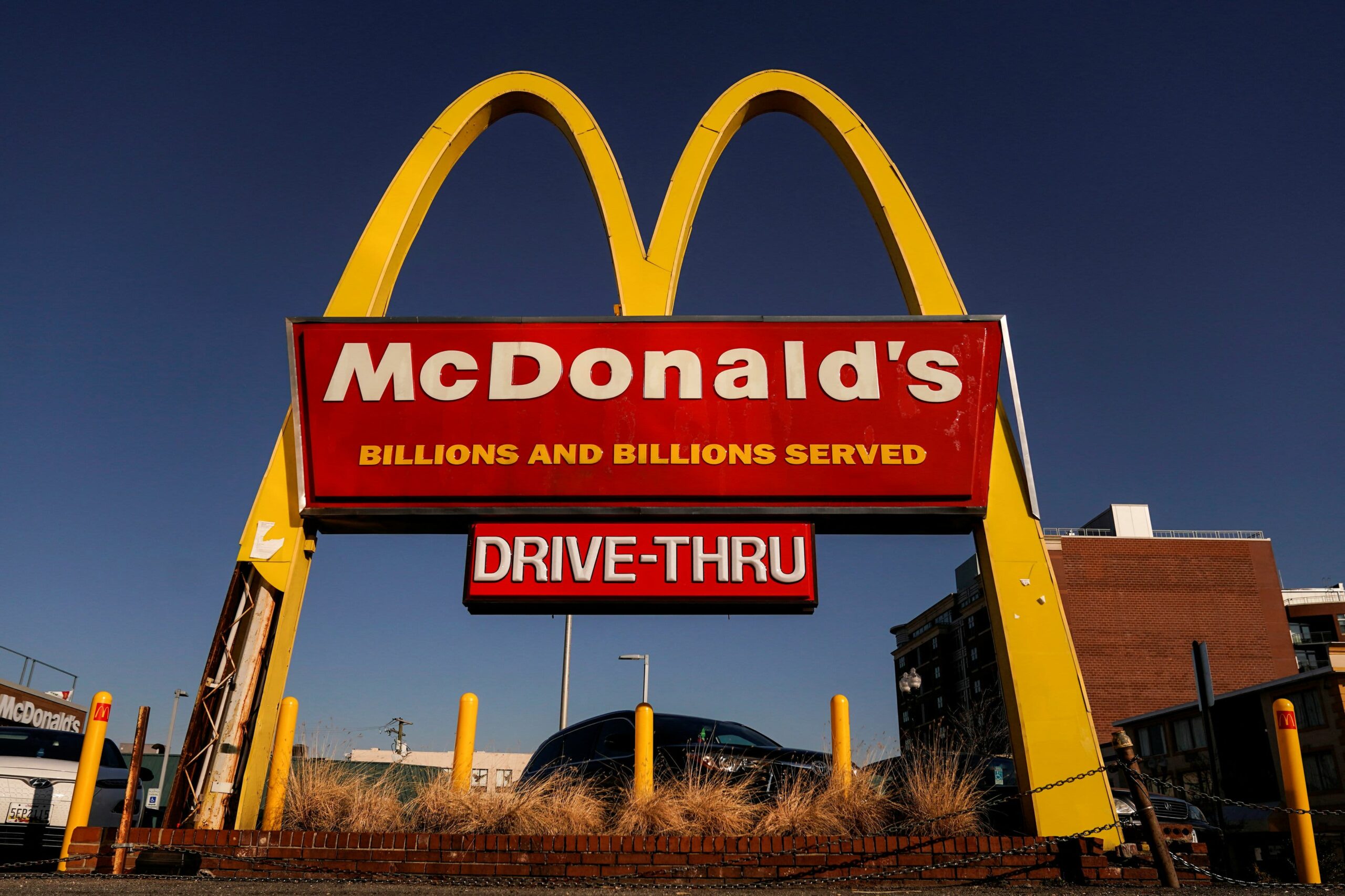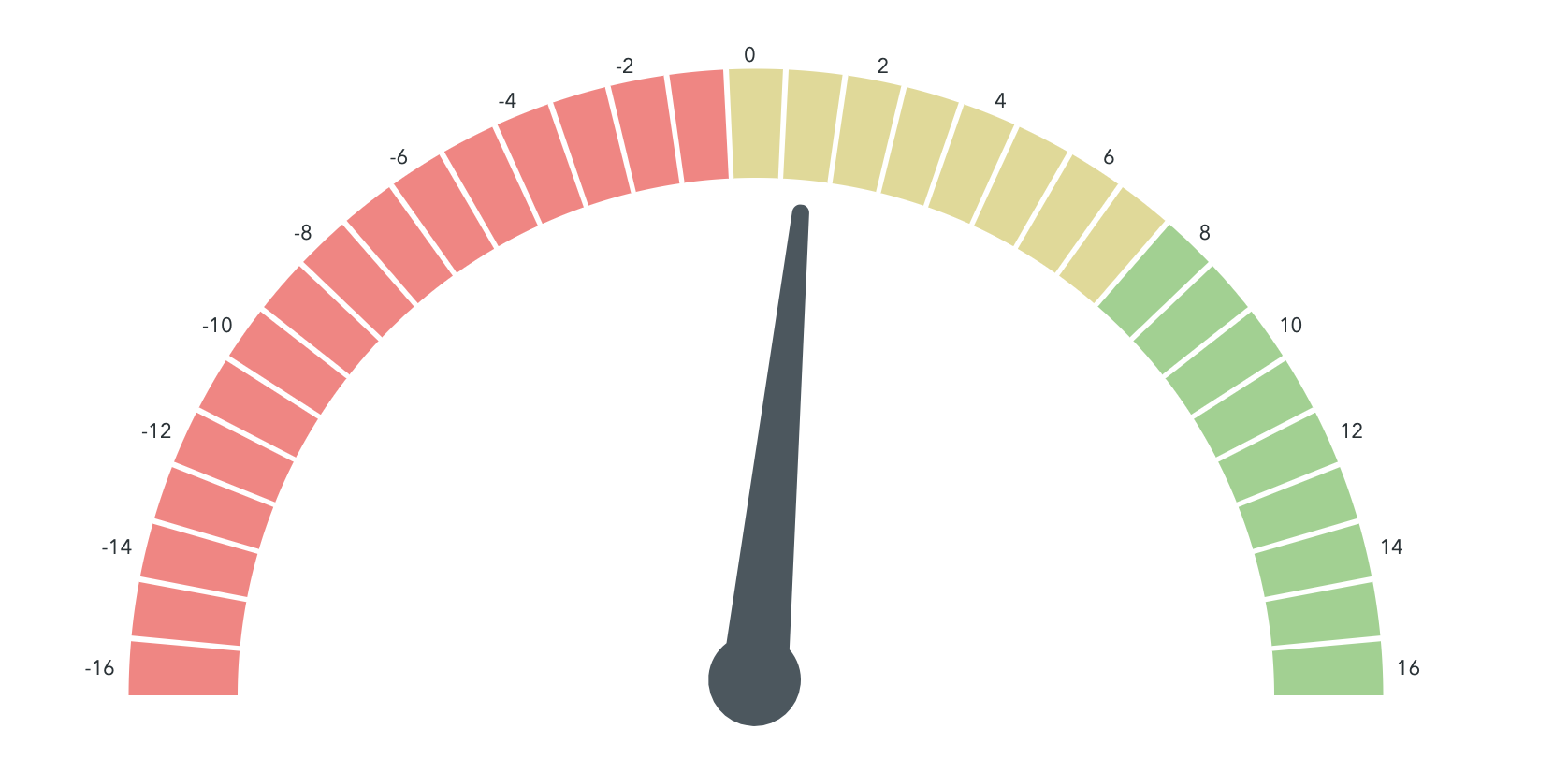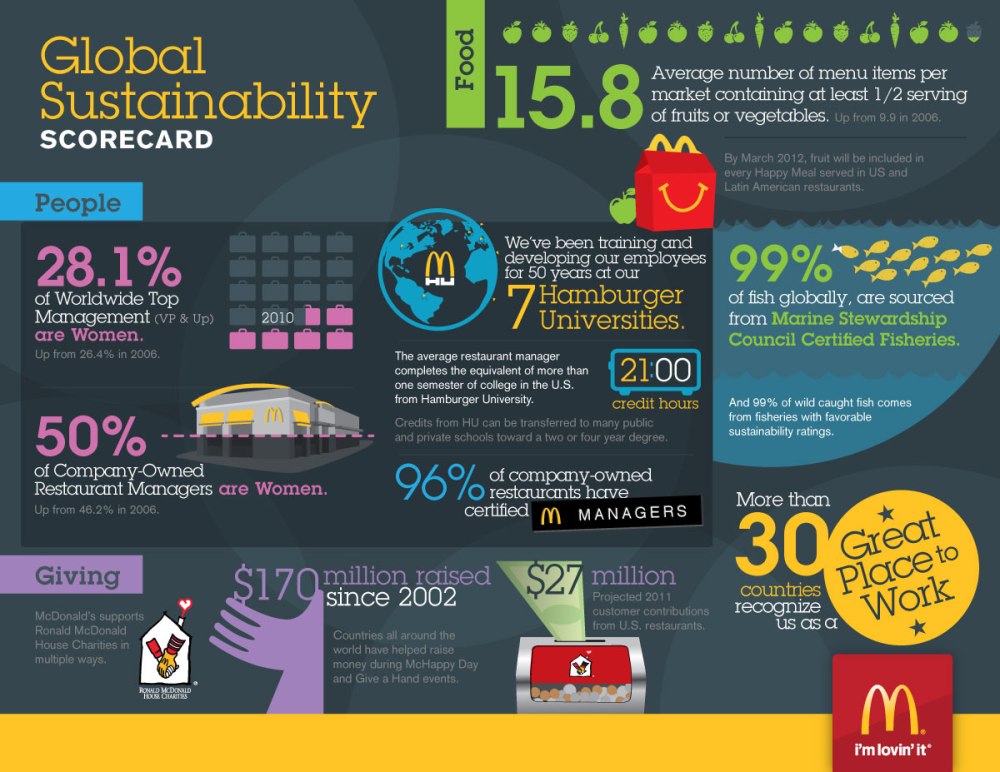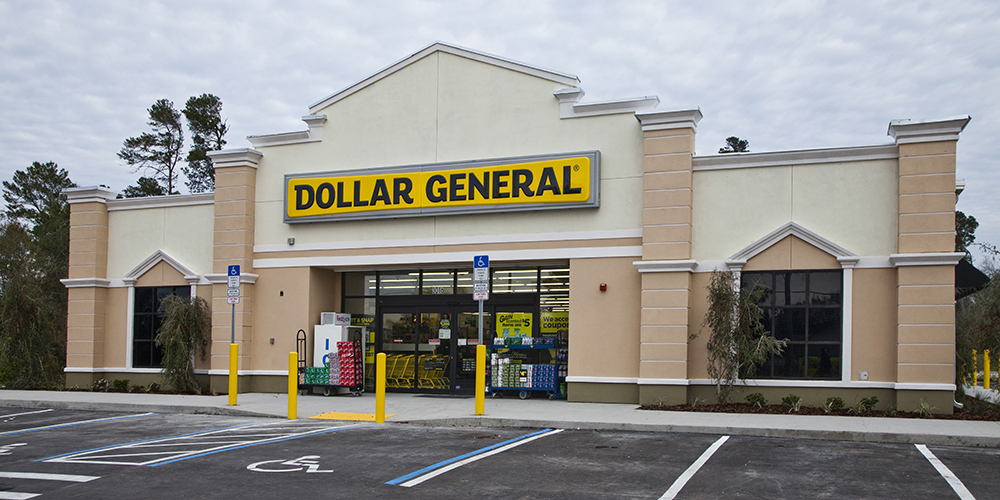McDonald’s Sustainability: The Good & The Bad
We rate McDonald’s sustainability a 1/16. Let’s talk about why!
June 22, 2023

There’s over 40,000 locations, and you’ve probably eaten at one. They serve over 69 million people a day. Yep, you guessed it, we’re talking about McDonald’s. Their name is synonymous with convenience – not sustainability. But yet they have both significant sustainability goals and community empowerment programs in place. On Karma Wallet, we rate McDonald’s sustainability 1/16.
Here’s why:
The Good
Climate Action
McDonald’s joined the United Nations Race to Zero campaign, putting them on the path to net zero emissions by 2040.
And they’re joining the conversation – their CEO joined COP26 to talk about addressing climate change on a global scale.
As of the end of 2021, they reduced the absolute greenhouse gas emissions of their offices and restaurants by 2.9%, and reduced their supply chain emissions by 7.8% compared to 2015 figures.
As their renewable energy programs come online, they are expected to contribute an additional 27% reduction. In 2020, McDonald’s was recognized by the EPA for its energy efficiency efforts, receiving the Energy Star Partner of the Year award.
Some have criticized their net zero plan for its lack of specifics and a long timeline.
Sustainable Packaging
McDonald’s relies almost entirely on single-use packaging and products. But, 82.7% of their packaging materials and 96.8% of their primary fiber packaging comes from recycled or certified sources.
By 2025, they plan to have 100% certified, recycled, or renewable packaging materials.
To make their Happy Meals more sustainable, they are changing their toys to be made from renewable, recycled, or certified materials. Since 2018, they’ve reduced virgin fossil fuel-based plastic in their toys by 24.4%.
In their top 35 markets, on average 35% of their restaurants offered guests the ability to recycle packaging items. While this isn’t a ton – it’s a step in the right direction.
Community Impact
McDonald’s supports Ronald McDonald House Charities (RMHC), a global network of 260 Chapters in 60 countries. They help families with housing and access to children’s healthcare services. They are currently in the middle of a 5 year, $100 million commitment to RMHC.
That’s in addition to the $168 million that McDonald’s franchises and customers have donated to RMHC – providing over 1.8 million overnight stays for families across the world.
McDonald’s offers employee programs like Archways to Opportunity, which gives restaurant employees the chance to earn a high school diploma, learn English as a second language, graduate from college, receive counseling, and advance their career.
As of 2021, 72 thousand employees took part in this program.
The Bad
Food Supply Chain
Studies show that production of meat causes twice the pollution of production of plant-based foods, and meat accounts for nearly 60% of all greenhouse gas from food production.
This is huge for McDonald’s as they buy nearly 1.9 billion pounds of beef each year. This volume of meat requires north of 7 million cattle annually. In fact, McDonald’s produced 53 million metric tons of GHG in 2019 – which is more than several European nation’s entire emissions.
While they have net zero commitments and sustainability goals, most refer to their restaurants and offices, not their supply chain.
While some suggest that reducing the amount of meat people consume is the only option, there are imaginative solutions that can reduce impact here – last year, Burger King rolled out beef made from cows that create less emissions due to the addition of lemongrass to their diets.
Mario Herrero, a Cornell University sustainable food systems professor says we need a “whole food system approach” and that “If McDonald’s or any producer is serious about tackling the issue, it will provide a message of moderating consumption and include the true cost of beef.”
There are also concerns about the source of other McDonald’s food products, like chicken, eggs and coffee.
McDonald’s has implemented initiatives to source sustainable ingredients, such as cage-free eggs and sustainably sourced coffee. Their commitments are still somewhat vague, and could be more impactful for their global suppliers.
McDonald’s sustainability has faced criticism for its treatment of animals in its supply chain, particularly in its chicken and pork production.
The company has made commitments to improve animal welfare, such as phasing out the use of gestation crates for pregnant pigs.
However, animal welfare advocates have called for further improvements in the company’s supply chain practices.
Rainforest Deforestation
McDonald’s has been criticized for its contribution to deforestation in rainforests, particularly in South America, where the company sources much of its beef.
The deforestation of these rainforests has a devastating impact on biodiversity and contributes to climate change.
Since 2020, McDonald’s has supported deforestation-free supply chains across their beef, soy, palm oil, coffee, and fiber products – but still create significant negative impact on forests and communities through the mass production of these goods.
Waste
McDonald’s is one of the world’s largest producers of fast-food waste, with millions of tons of packaging and food waste generated each year.
In fact, they produce 3 tonnes of packaging waste every single minute. That’s over 2 million tons of waste a year!
This makes sense, as their entire business model is based on single-use, speed, and convenience. While the company has implemented initiatives, it’s not enough to combat their single-use culture.
McDonald’s Sustainability
We believe that McDonald’s has a huge opportunity to create a meaningful positive impact in the communities they serve, the employees they work with, and throughout their global supply chain.
But, it all has to start with clear, aggressive sustainability commitments that stretch beyond just their restaurants. Other fast food restaurants are making moves – will they?
We rate McDonald’s sustainability and social impact a 1/16, while the sector average is 2.14. Check out their Karma Wallet Company Report Card below!



















